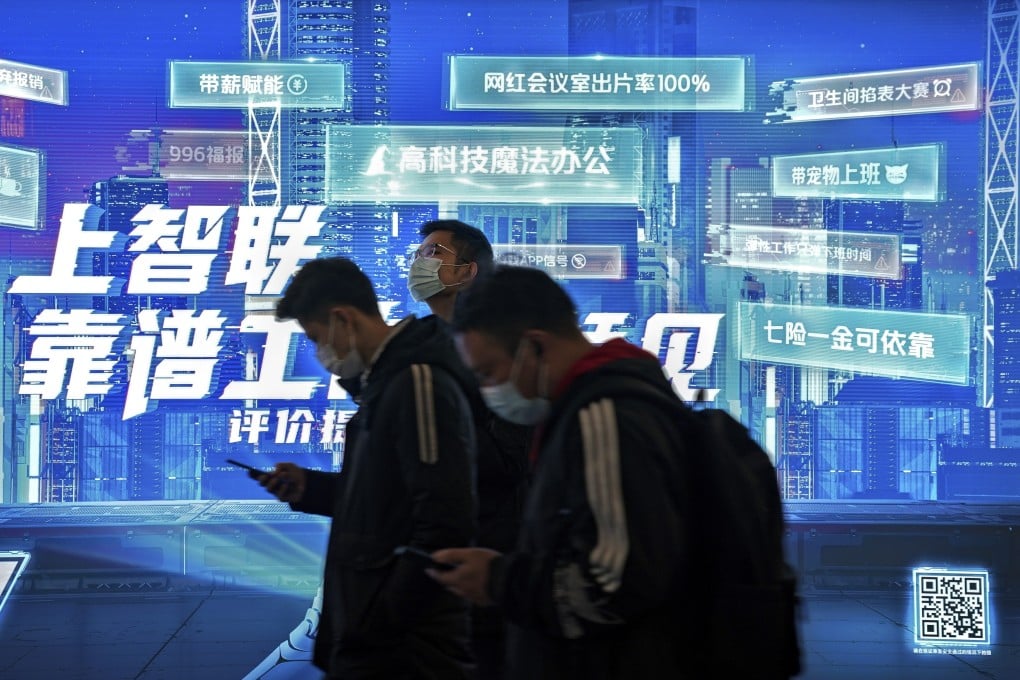China data privacy: Big Tech will be ‘a lot less powerful’ after Beijing passes sweeping new law, experts say
- Foreign firms are also exposed to the regulatory risk, as the PIPL applies to any company that processes the personal information of anyone in China
- A key aspect of the legislation is its ban on algorithmic price discrimination, which will have a huge impact on ride-hailing platforms like Didi Chuxing

Beijing’s tough new law on personal information protection will make Chinese tech giants “a lot less powerful” and force many businesses to adapt as it will be much harder to legally collect and use consumer data, experts say.
The PIPL, along with China’s Data Security Law that comes into effect next week, will form a rigid legal framework for the country’s Big Tech companies to comply with, putting an end to their freewheeling, data-driven business expansion and throwing some existing profit models into question, analysts said.
“Tech companies will be a lot less powerful. [User data collection] is not going to be a free-for-all any more,” said Doug Clark, global head of dispute resolution at Rouse & Co and adjunct professor of law at the University of Hong Kong.
The passing of the PIPL comes amid China’s unprecedented crackdown on the country’s tech sector, which kicked off with an antitrust drive earlier this year. In recent months, authorities have unleashed a slew of new regulations to rein in Big Tech, including consumer rights and the protection of minors, among others, triggering a US$1.5 trillion sell-off on bourses in mainland China, Hong Kong and the US, leaving investors guessing as to what comes next.
Given how strictly Beijing has enforced these other new laws, Chinese tech companies should scrutinise their data protection practices very closely or risk being the next high-profile target, said Kenn Yee, an analyst at Access Partnership.